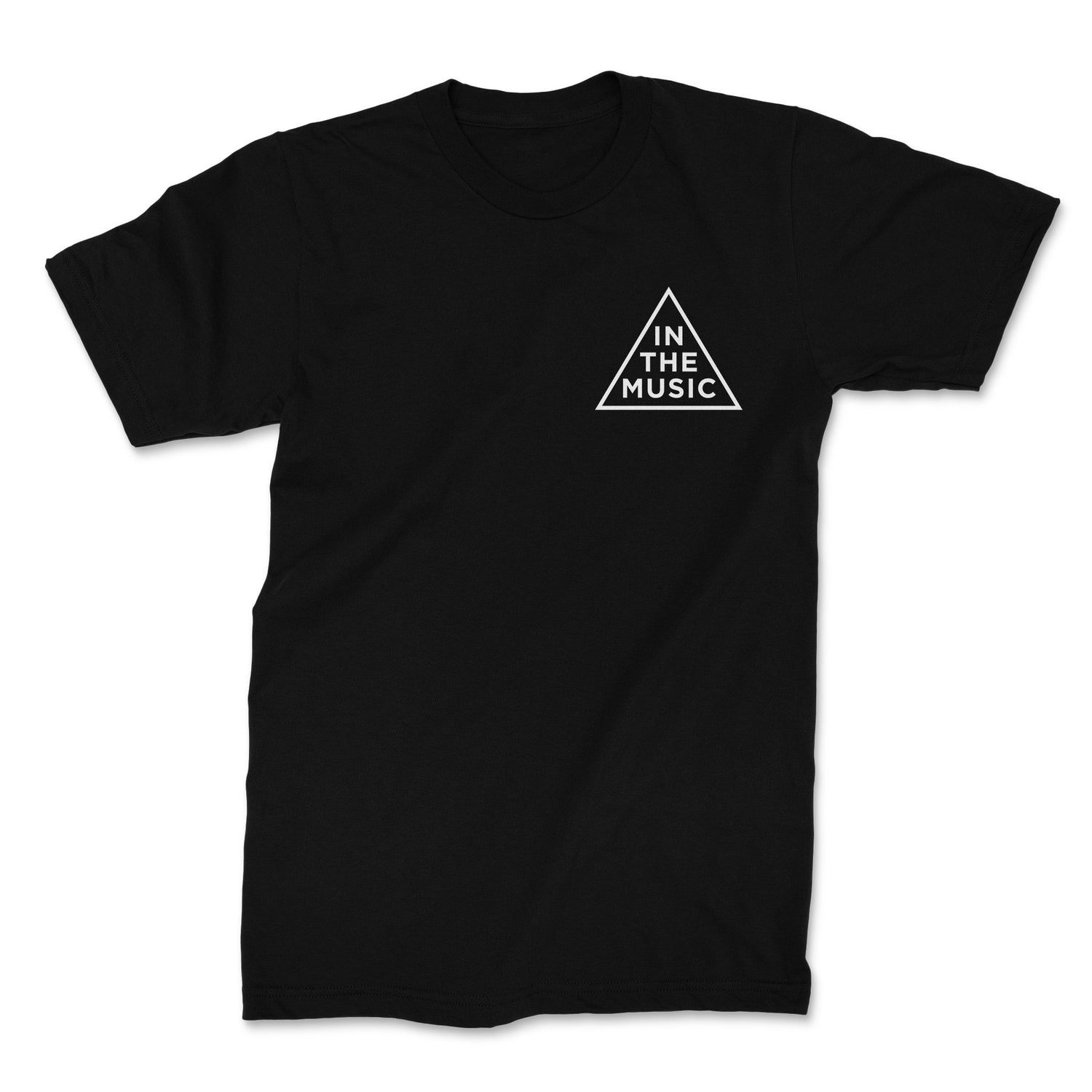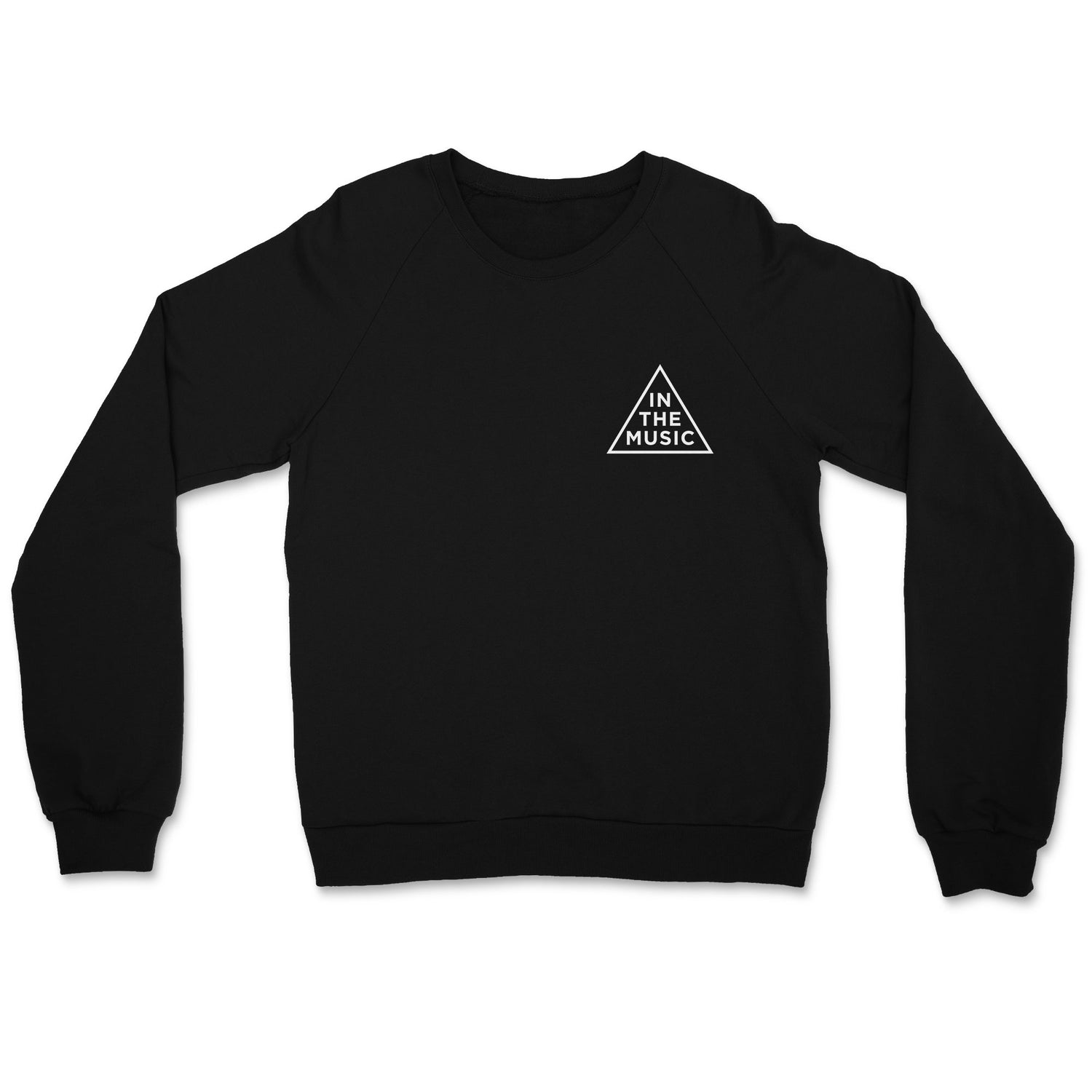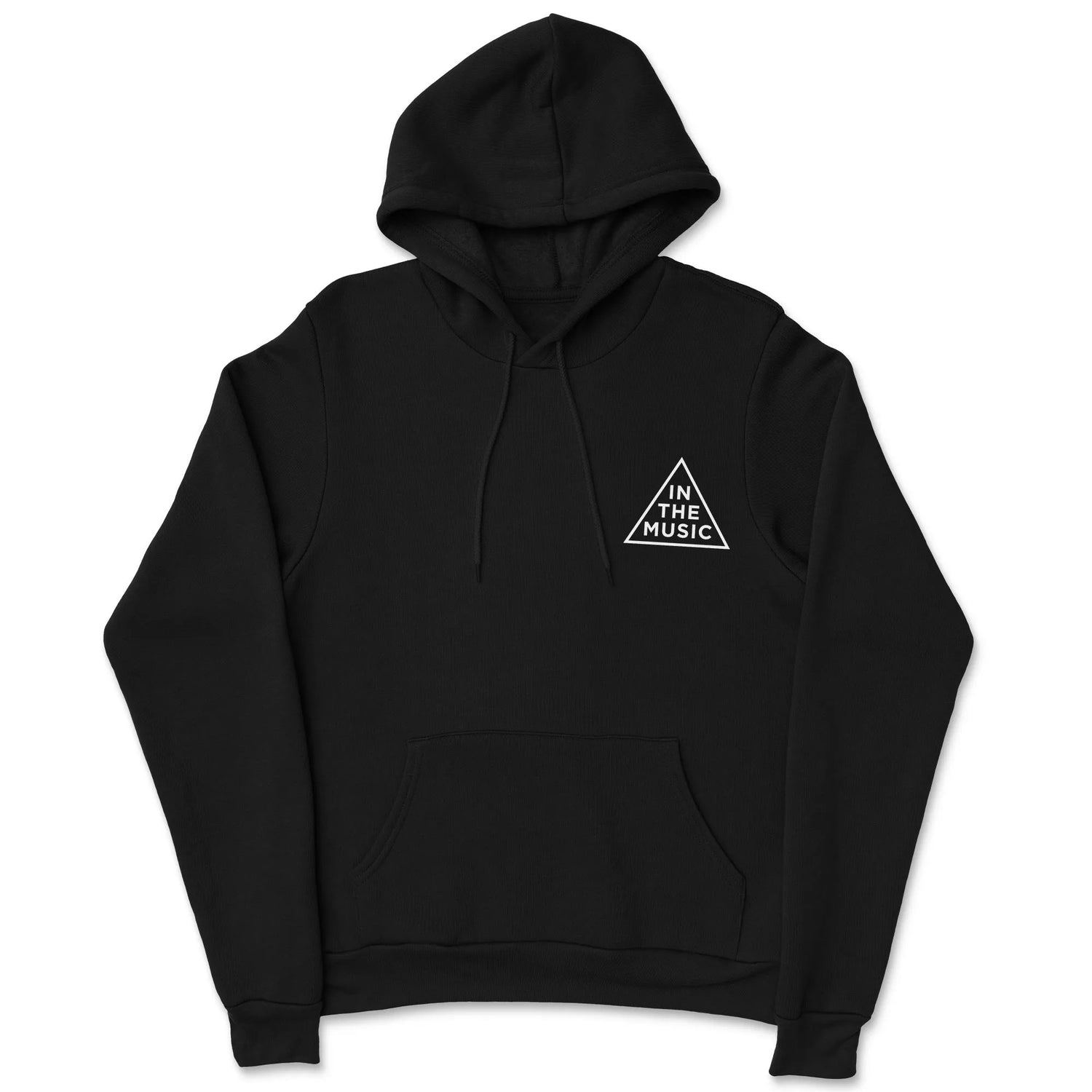When I look back to periods of my life, many of the sharpest, most intense memories are associated with the music of the time. From the unbounded joy of discovering music for myself as a pre-teen; to the hormone-induced hyper-sensitive early teen years; the coming of age and independence of going to gigs and clubs in my late teens; the grief and emotional intensity of losing a parent at 19; buying decks in my first year of university and the music that soundtracked the following years. The feelings attached to the memories somehow connected and intensified by music.
It’s a communication tool and a form of expression, so it’s understandable that music and feelings go hand in hand. Certain sounds or chord progressions can feel uplifting or melancholy. We turn to music for celebration, to get motivated to do exercise, or as a distraction to calm the noise of everyday life. It’s no wonder that music and mental health are so strongly linked.
There are many research papers showing what music does to our brain and how it can affect our mood. For full disclosure, I’ve dealt with depression since my teens and over the years music has provided a release and given me a positive outlet to improve my mood. Making music does something even more fundamental - the creative act of plucking an idea from thin air to make it something real is an amazing feeling, and being fully absorbed in the process of music production is the ultimate headspace for me.
While on a personal level it can be hugely beneficial, there’s also a flipside in terms of the impact on the mental health of those trying to make a living in the music industry. For many people their reality is working in an unstable, covid-scarred, night-time industry. Or artists seeing their income plundered by streaming services, and their art devalued and lost in the constant battle for people’s attention. I’m lucky to have a stable job that allows me to pursue my musical ambitions in my own time, but still there’s anxiety of putting on occasional events, of balancing family life with artistic goals, and struggling to be heard in an avalanche of new music and social media content.
And while music is an escape, it can also be somewhere to hide in plain sight. That’s why it’s so important to look out for each other, because you never know how someone else is feeling unless you check in on them. Let people know you care. It still breaks my heart to think about a friend we lost over a decade ago, who seemed on the outside to be ok. He loved music, he was sociable, but no-one found out about how bad things were for him until it was too late. It doesn’t have to be like that.
Thankfully things have improved in recent years in terms of the support available for people experiencing mental health issues, and there’s a healthier dialogue around the subject. That’s what this new “You’re not alone” t-shirt from In The Music is all about. Every t-shirt sold will contribute towards making support available for someone who needs it – a share of profits will go to Mind, the mental health support charity who do great work providing services, raising awareness and campaigning for change. It’s also a prompt to be more open about your own feelings, or be the person someone else can turn to.
Ultimately music is very much a thing to enjoy, to help you feel good. That’s why the ethos of In The Music appealed so much to me from the start. It’s such a wonderful feeling to be totally lost in music (and no, not filming it to watch later or post on social media). It’s personal, it’s a connection, and science has proven that listening to music you like can boost your dopamine levels. It really can make you feel better.
Article written by Doug Nicholls, who in his spare time tweaks knobs as @runningmanmusic




